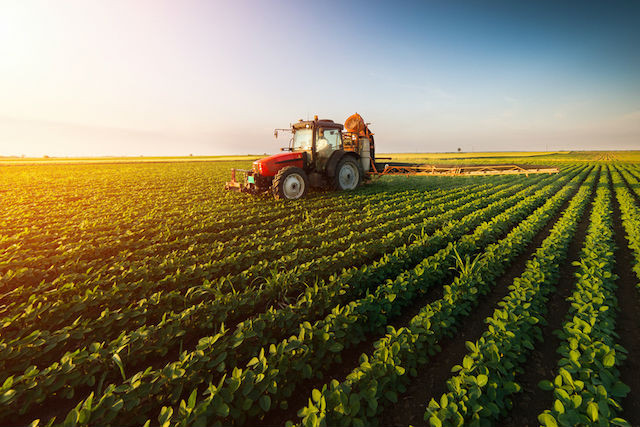The motion was put forward and accepted on Wednesday by François Benoy (déi gréng), Tess Burton (LSAP), Claude Haagen (LSAP), Gusty Graas (DP) and Gilles Baum (DP).
It picks up on the current government’s pledge to ensure that at least 20% of farmland be given over to organic practices by 2025.
The MPs take a more long-term view and points out that Luxembourg has been slow to adopt organic farming practices in recent years. In 2018, just 4.4% of farmland was dedicated to organic production.
Barriers
The MPS recognise that there are numerous barriers to making the switch and calls on the government to analyse these obstacles and develop a new action plan. The motion says that farming subsidies should delivered in a way that incentivises farmers to make the change. Further investment would also be needed for research into organic farming is, they add, and organic practices should also be taught as part of the basic and ongoing training available to people working in the sector.
Finally, the MPs call on canteens and caterers working in the public sector to use a compulsory minimum amount of organic products.
30 years
The organic movement began in Luxembourg 30 years ago at Schanck-Haff in the north of the country. Farms can obtain organic status by swapping chemical pesticides for smarter crop rotation methods, natural fertilisers and pest treatments, among others. Switching the country’s entire farming sector to organic methods was also a proposal outlined in the Rifkin report, a sustainable roadmap commissioned by Luxembourg from economist Jeremy Rifkin.
In 2018, Luxembourg counted some 132 organic producers. Among the companies recently rolling out organic products are Brasserie Nationale’s Funck-Bricher beer, for which the brewery produces its own organic malting barley in the north and in Belgium.
